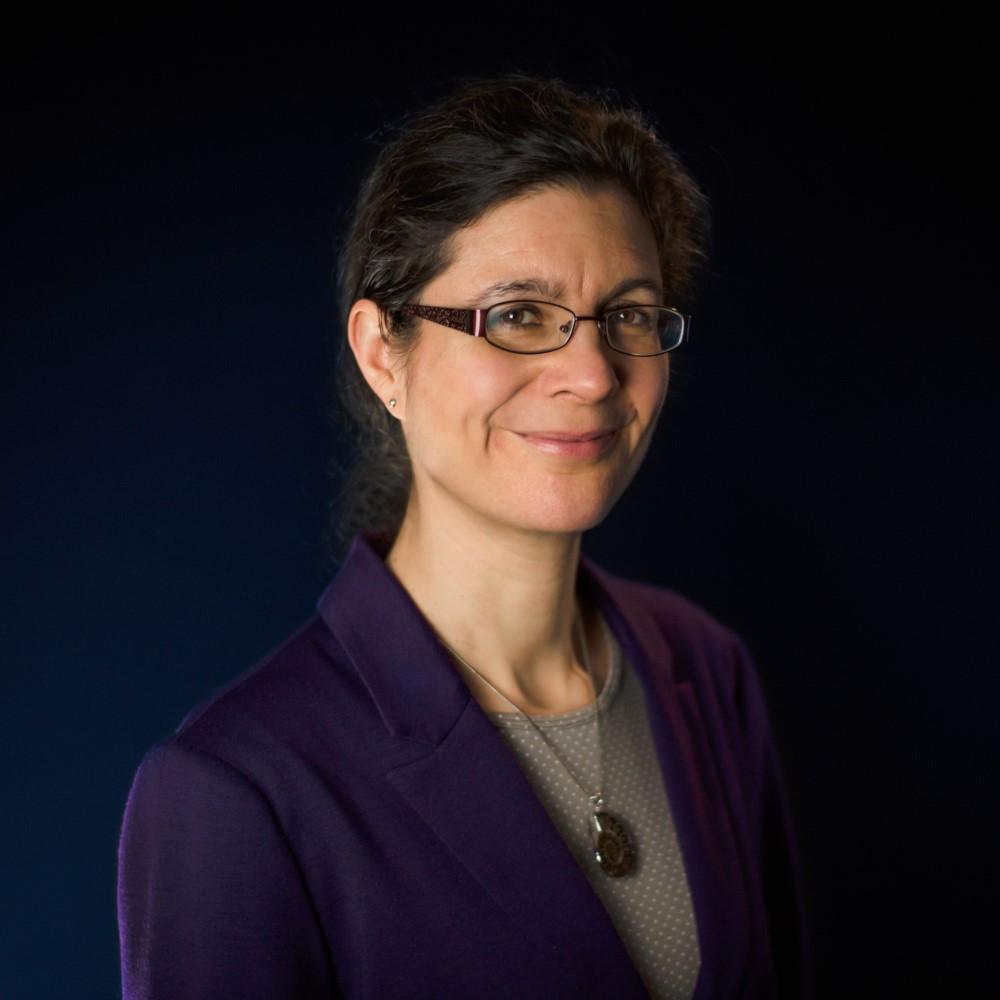Key Ingredients to Successful Fundraising in 2022

A Consultant’s View
Setting the Scene
The pandemic has put the world and all our lives into a tailspin. We have been shaken and, for many, our very foundations have been put to the test. Companies have furloughed and made redundancies – everyone in our company was furloughed from April 2020 until we saw a tentative return to work in May of this year. However, with the Delta variant now rampant I believe Covid will remain with us well into the foreseeable future and certainly into some of 2022, impacting all areas of life including our industry, fundraising.
Certainly, as a capital fundraising consultant dealing mainly with schools, I see an excited and yet nervous return to face-to-face fundraising. Clients were increasingly getting in touch early this year when it became apparent that the Government were unlikely to inject major capital into their organisations’ development plans. However, campaigns are, I believe, going to look different to how they did pre Covid, at least for the next year or so.
Advent of Hybrid events
Perhaps one of the most important changes in the advent of virtual meetings and hybrid events. We have become experts in this after often shaky starts! Even someone like me who is not particularly ‘tec savvy’, is now very familiar with meeting for business using Zoom, Teams etc. It has provided a healthy and safe forum to communicate and saved endless hours travelling to meetings and to events. It has become a cost-effective way to communicate too with less of our budget spent on travel. As a consultant who charges by the day, I felt compelled, pre-Covid, to be ever-present in person and spent endless hours driving on clogged motorways. Nowadays, everyone is fully accepting that an hour on Zoom is a far more efficient use of my time and their money, and we are used to communicating well and effectively using these platforms.
I understand from peers, that some fundraisers have been highly successful over the past year or so organising high-end virtual events. If these are to continue into 2022, it may be more common to see hybrid events used to fundraise. We, as fundraisers will need to be creative by instilling a real sense of engagement, excitement and ownership that was so much easier when our audiences were all gathered in person in one location.
These events must offer more to the online audience than merely sitting in front of a computer screen. We must find ways to really engage with our supporters and potential supporters so that the experience is inclusive with everyone doing the same thing at the same time regardless of location.
Some of the obvious benefits of these virtual/in-person events are:
- Overcoming geographical limitations
- Increased reach through ease of access
- Limiting cost on travel and other expenditure
The downside is that these events lessen the ability for organisations to build lasting relationships with their potential support base, there may be a less emotive response to the cause, (essential to fundraising) and a lack of commitment from participants. Indeed, one of our pre-Covid clients, where we had advised that they suspend their engagement events in March 2020, decided to hold online receptions, nonetheless. The feedback was that whilst their audiences were larger, the money raised was only 15-20% of what was normally raised from in-person events. This is only anecdotal and fortunately for that particular client, they had already reached their target just as Covid hit.
Personally, I think that there will be an excitement that accompanies the return of in-person events, but we need to give people the opportunity to enjoy them from home if they are nervous about interaction and give opportunities for engagement. We are currently working on this with our clients right now.
Social media
During the lockdown, social media was even more key to increasing reach – LinkedIn, YouTube, Snapchat, TikTok, Instagram, Twitter, Pinterest and Facebook.
We are now having conversations with our clients where we speak to the need to improve and think about social media etiquette, and we are now advising them on the need to develop appropriate social media strategies. It is important for us to identify the best platforms that suit their needs and reach out to the demographics most likely to find their organisation appealing.
We are realising the Importance of keeping up with trends and that platforms are quickly changing. We are urging our clients to take advantage of the new functionalities such as learning how to live stream on Insta, fundraise with Stories on Facebook and make the most of Twitter’s Spaces. We found it important that we recommend platform/s that match our clients’ vision, needs and mission and reach audiences. I do suggest that you research emerging platforms such as MeWe, Houseparty, Discord, Yubo and Honk.
I am finding myself advising my Headteachers on using live blogs instead of weekly newsletters to their communities and I have to say that I have been met with some blank stares!! Nevertheless, we persist!
Increasing our efficiency
Covid had a huge impact on workforces around the world, including our own and we must learn lessons from the pandemic and carry them into the future. I believe that 2022 will be the year charities come up with even more innovative and creative ideas, using the latest tech, giving potential donors the best chance and time-saving ways to give. As consultants, we need to keep a step ahead of the game!
Data indicates that there has been a significant increase in cashless giving since March 2020 and we are working with our clients to find new payment solutions that are both reliable but still embrace digital ways of giving through mobiles, websites and social media in an increasingly cashless and contactless world.
Changing communities
I would now like to spend a little time on my thoughts and experiences of our changing communities in a fundraising context. However, I would like to start by saying that no matter what happens in the economy or world, including pandemics, it is apparent that people who can help do help! Indeed, this was borne out by the fact that charitable giving was up in 2020. And just look at the efforts of one man in the UK, Captain Tom, who raised millions for the NHS by walking up and down his garden at the grand old age of 99/100. I am sure there are other shining examples in the world where the public got behind some fundraising endeavour and was moved to support it.
`My company came back in full work mode in May this year’. Clients, where we had suspended campaigns at the end of March 2020, were seen tentatively in person and we revisited fundraising narratives. We were more aware than ever that appeals that make a strong case for why support is needed and how that support will be used to make a demonstrable impact will succeed. We needed our clients to tell a compelling human story that gave confidence to its audiences.
We are also urging our clients to adopt more flexible and adaptable medium and long-term development strategies so that they can pivot with ease should there be more lockdowns in the future and that are not dependent on rigid timelines.
With potential supporters, what we are finding is that with the advent of people working more from home they are more connected with their own families and immediate communities – being more aware of the needs of the organisations at the heart of those communities (and families) which will make them become involved and strong & engaged advocates.
Therefore, organisations at the heart of the communities and serving people in those communities will get terrific support from people who would not normally have been engaged – schools, churches, local hospitals, hospices and clubs and organisations will have appeal – people will see the impact of their efforts and be inspired.
One of the benefits of the pandemic is that stewardship and kindness is at the forefront and should continue because so many people have loved hearing about not for profits making a difference – volunteers rallying to help their communities such as Captain Tom raised millions. People have been inspired!
Summing Up
2022 will be a great year to fine-tune and expand fundraising strategies but it’s going to be important that clear and flexible strategies are developed. Donors are smarter than ever. They want to see how their gift impacts positively on a charity or they will stop giving and they will research. And do comparable research.
Trust is perhaps the most important ingredient that influences giving and will be even more so in the coming months. Therefore, it is important to seek honest feedback, to do what we say, communicate transparently and build confidence.
The good news is that 40% of fundraising professionals reported an increase in income and 66% are confident that their organisation will recover to where it was pre-Covid.
To sum up, from a personal perspective, 2020 was the year when the world went into shock and froze. We were fortunate that we were able to suspend all activity and go into furlough without too much of a financial hit. Of course, we spoke to our clients by Teams or Zoom (which proved much more effective than by phone or email) but they had so much to deal with running schools. Mounting major capital fundraising campaigns – even given the restrictions – would have been wrong.
Although one client was eager to get back into it we urged him to concentrate his efforts on putting together a visionary plan for his particular school and spend his energies there getting that right.
Early in January, we started to get calls from new clients…. Just after the Easter holidays were back in business! We revisited existing clients and tentatively took on new clients. We have had calls from former clients who want to launch new campaigns, but we are being careful. We are being extra thorough in our research and going the extra 10 miles instead of the extra mile and using our time well.
We are also looking outwards and collaborating with other consultancies on projects which is very exciting.
Our industry is versatile and resilient, and the best are adaptable, flexible and imaginative. I believe that 2022 will be a fantastic year for everyone as long as we remember the lessons, we learned in 2020 when the majority froze and 2021, the year of the slow thaw. With the vaccination rollout, the horizon looks great!
















Recent Comments